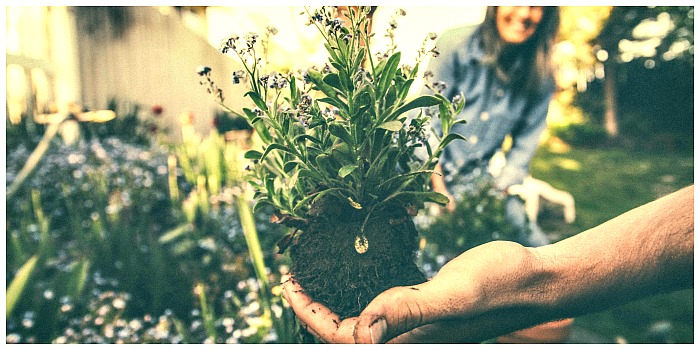
If running a social business is something that has always interested you, then learn how to turn your social enterprise idea into a sustainable business.
A social enterprise is worthwhile and rewarding. And, with the right infrastructure and support in place, it can have a very lasting effect on you as its leader and the wider community.
According to research in 2015, there are approximately 70,000 social enterprises in the UK – organisations that make money then reinvest it back in the business and are focused on delivering a positive impact on communities.
And, as well as the good that these social enterprises do, they also contribute £18.5bn to the UK economy.
All enterprises have an impact on society. But a social enterprise is committed to ensuring that it impacts on people and their livelihoods in a positive way.
My co-founders – Jenni Parkinson, Gail Macleod, and Hannah Dunster – and I started Soundcastle after completing a Masters in Music course at the Guildhall School of Music & Drama.
Soundcastle facilitates music creation in communities across the UK delivering workshops, supporting young musicians and working with the likes of The British Museum, The Museum of London and CBeebies on innovative community projects.
Although it’s not necessarily hard to start a social enterprise, the challenge is to keep it running and find ways to monetise your efforts, to ensure you can deliver the projects you want to communities in need.
So, how do you turn your social enterprise idea into reality and make it a sustainable business:

Balance Funding Vs Sales Income
As a social enterprise, we are eligible for funding and we learned how to apply for grants and bursaries, which helped us develop our services and build the infrastructure behind the company.
However, it’s important to secure income from sales in order to be self-sustaining. With budget cuts to many government-funded programmes, it’s difficult to maintain an organisation if you don’t have another income.
There will be busy months and quiet months and you’ll need cash flow to cope with each of these.
Use Your Talents And Let Your Skills Grow Organically
Be genuine about what you’re delivering is of a high quality. People are choosing the company because of the people since they are buying into you as an individual.
You can call in help as needed but ultimately you are the business and, especially if you are working with vulnerable communities, they need to have your commitment from the start through to the end of any project.
Seek Out Inspiration And Advice
We started the enterprise because we had a shared energy in the way we think but there wasn’t a strong vision at first.
It’s important to get advice from experienced professionals and some inspiring business mentors, who have insight into setting up a business and can help fine-tune your planning.
Be Business-Like
We want to be a sustainable social enterprise and although we are motivated by the impact that we can have, we can’t ignore that without the business rigor we’ll not stay afloat.
We need to keep a handle on business planning, budgeting and the best use of resourcing. If you’re working with partners it’s important to use the different skills each of you have to make a strong multi-faceted team.
Equality doesn’t mean everyone doing the same things. Once we realised that we evolved into a more efficient organisation.







